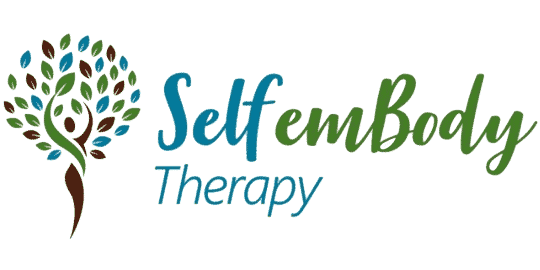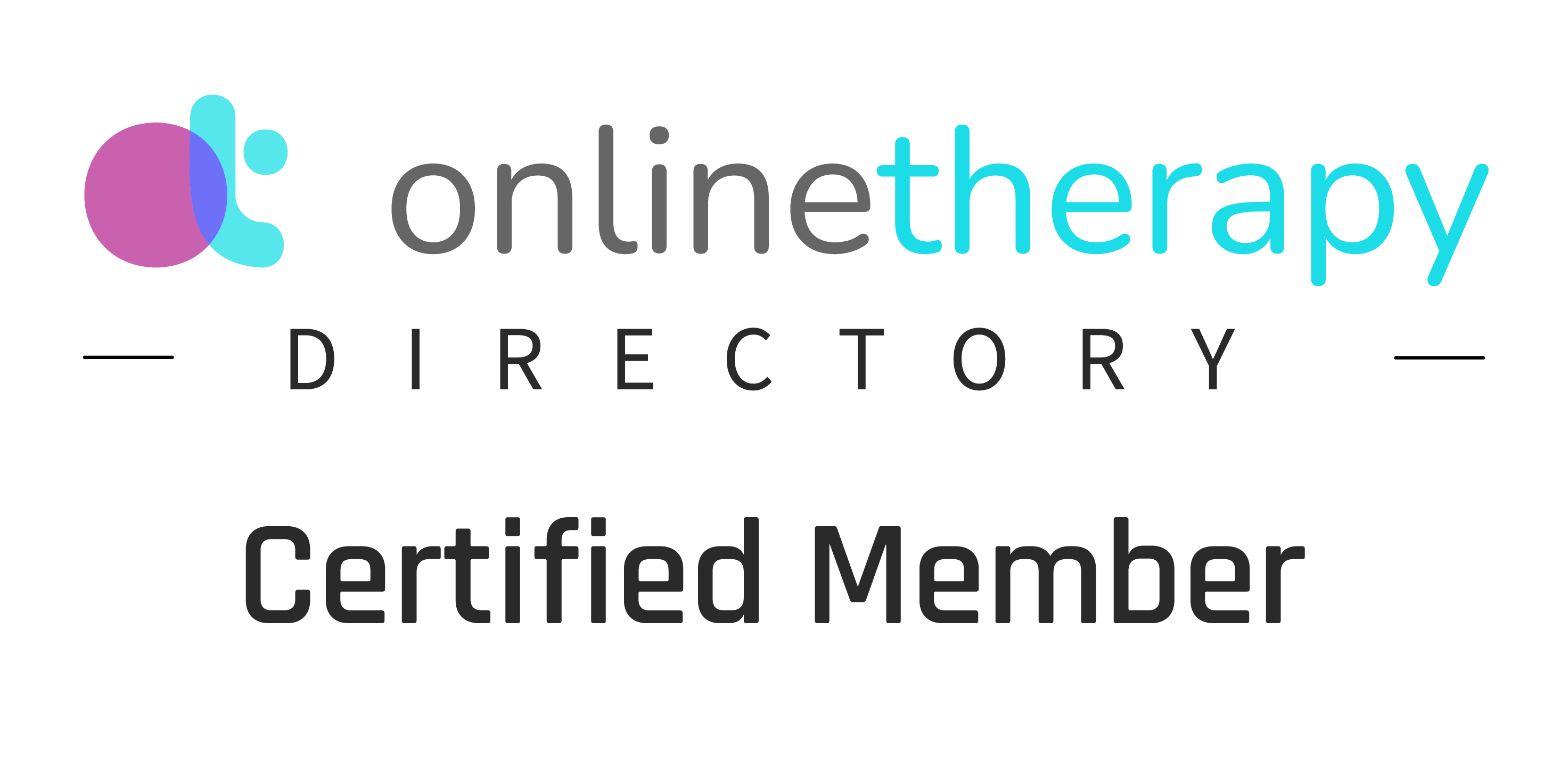What is EMDR?
Eye Movement Desensitization and Reprocessing (EMDR) therapy is a researched and effective therapeutic modality that has been proven to help people overcome past trauma and other symptoms such as anxiety, depression, panic disorders, and more. EMDR therapy can also be incredibly helpful in the treatment and recovery of disordered eating.
Eating disorders involve a persistent disturbance in eating-related behaviors that results in altered consumption or absorption of food and significantly impairs physical health and/or psychosocial functioning. Eating disorders have the potential to impact one’s physical health, mental health, relationships, school, career, and self-esteem.
Phases of Treatment
In the treatment of eating disorders, I always work with my clients in phases. In the first phase, we establish the treatment team – myself, a Registered Dietitian, and a physician – to ensure that the client is supported therapeutically, nutritionally, and medically. The beginning stages of treatment involve assessment and gathering client history, understanding how and when the eating disorder developed, and exploring the present day stressors that the client may be experiencing. I always provide my client with lots of psychoeducation, as some types of disordered eating (i.e. going on a “diet”), may not even seem like much of a problem at first glance, as diets tend to be normalized in much of our society. I like to spend some time de-bunking myths that diet culture has taught our society and that may be contributing to the eating disorder.
In the next phase, I help clients to examine their thoughts utilizing Cognitive Behavioral Therapy (CBT), as a means to identify and reframe negative cognitive distortions. I help the client to learn and implement some healthy coping skills that can replace the disordered eating behaviors. I utilize Acceptance and Commitment Therapy (ACT) to help clients get in touch with their true life values, and then we identify the actions they would like to take in order to live in alignment with these values. I also incorporate mindfulness therapy techniques in our sessions as a means to decrease anxiety and increase the client’s relaxation and ability to sit with their emotions.
How Does EMDR Help With Eating Disorders?
Once we are in a place where the client is no longer engaging in disordered eating behaviors and has developed a variety of healthy coping skills to utilize, then I move into the next phase and assess if EMDR for eating disorders may be an appropriate therapeutic technique to incorporate.
Eating disorders initially develop due to some sort of unmet need, belief, and/or underlying trauma. It is common for people with anorexia nervosa who restrict their food or over-exercise to feel the need to be in control all of the time (possibly because other aspects of their life feel out of control). It is common for people with binge eating disorder to feel as if they may need a quick escape from incredibly distressing feelings. Though these are just generalizations and may not be true for everyone, whatever the reason is behind the disordered eating, it developed at some point in the person’s life to serve as a coping mechanism. I put a lot of emphasis on self-compassion and teaching my clients that they didn’t do anything wrong or bad by engaging in disordered eating; the behaviors were trying to protect them from distressing feelings, in perhaps the only way that they knew how to at the moment. I like to make it clear that shame is never a component of my treatment (nor should it be in any therapy!).
Once we identify how the client was feeling when they began the disordered eating behaviors, then we can begin to target and work through these feelings and memories in EMDR. For example, a client may say that they started restricting their food intake when they just felt as if so many things in their life were out of their control, so then the need to control something (i.e. food, body) became prevalent. With EMDR and eating disorders, we would explore when these thoughts and feelings of lack of control first started in their lives. Perhaps that feeling has continued and therefore the eating disorder has continued to serve as a coping mechanism up until this point. EMDR is so helpful because not only do we explore and work through the client’s past, but we also work through present and future triggers. Once we have processed the eating disorder behaviors and negative beliefs through EMDR, the brain will feel less of a need to utilize these behaviors. If you would like to discuss how EMDR could help you with eating disorders then contact me for a free 15 minute phone consultation. I am licensed to provide online EMDR therapy in California, Utah and Florida.
What Else Does EMDR Help With?
When using EMDR with eating disorders, we can also work through fears related to the eating disorder, feelings of low self-esteem or perfectionism, and negative body image. Sometimes distress from a disturbing past event feels so strong that it can cause one to feel “frozen in time” and re-experience feelings of trauma if they think of this event. EMDR therapy helps the brain to process these memories, and allows healing to resume. Then, one can remember the memory without experiencing those re-traumatizing feelings. This can make recovery and overall life satisfaction much greater. Though talk therapy and other forms of therapy (CBT, ACT, mindfulness, etc) can be helpful in the recovery of eating disorders, using EMDR with eating disorders is an incredibly powerful adjunct for long-term recovery and healing.



